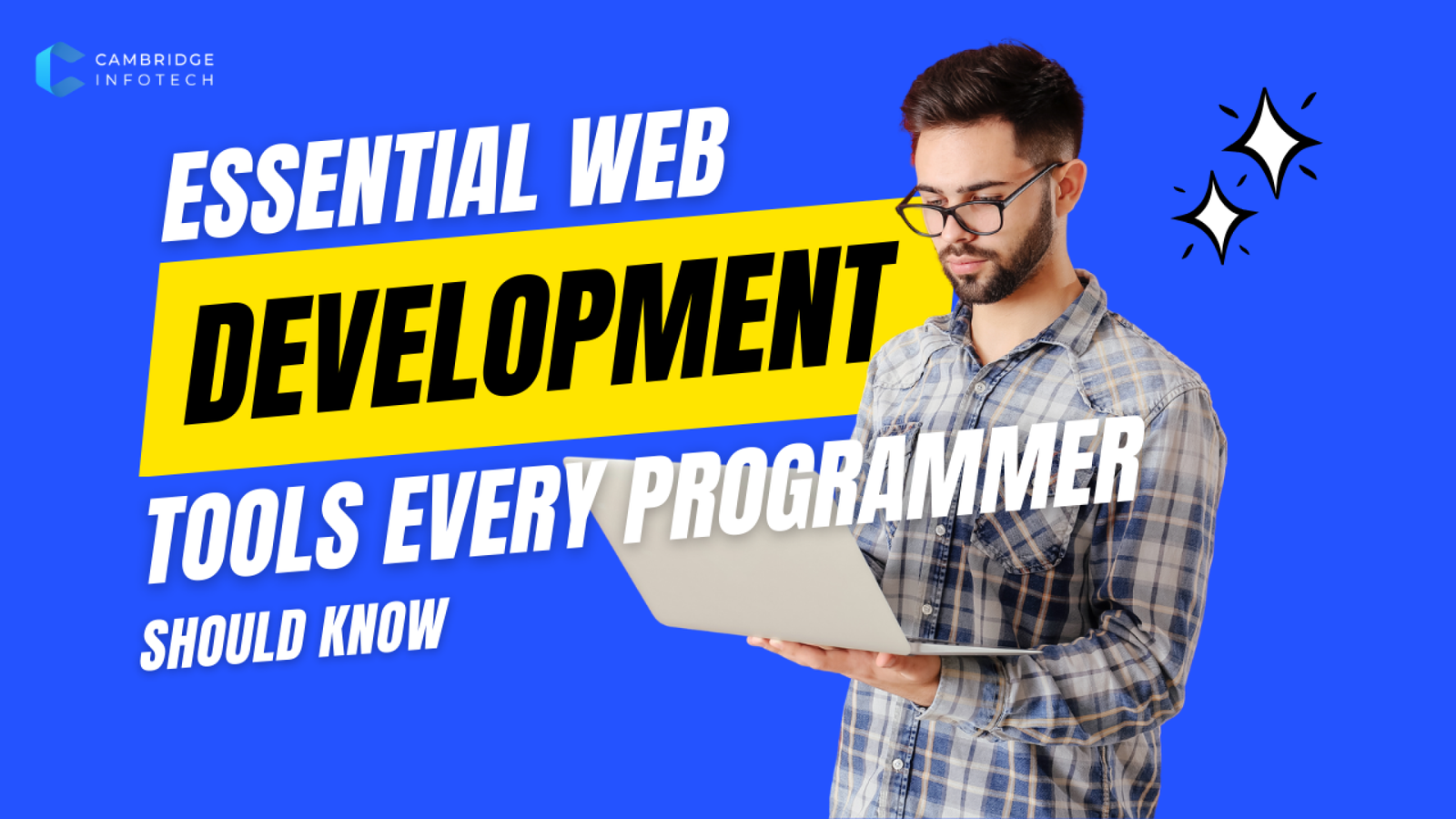Currently Empty: ₹0.00

Embarking on a Digital Journey: Your Ultimate Guide to Mobile App Development
Introduction: Embracing a Mobile-First World
The world as we know it has shifted beneath our fingertips, quite literally. In recent years, mobile usage has skyrocketed, not only changing the way we communicate but also how we navigate daily life. From ordering morning coffee to managing finances, mobile apps have become indispensable tools.
Understanding the importance of mobile apps in today’s digital ecosystem is paramount for anyone looking to make a mark in this space. They’re not merely a trend but a fixture in our digital experience. This guide is crafted with the vision of empowering aspiring developers and curators of digital experiences to step confidently into the world of mobile app development.
Laying the Groundwork for Mobile App Development
Understanding Different Mobile App Types
- Native Apps: These are developed for specific platforms (iOS or Android), offering high performance and a slick user experience. They can access and utilize the built-in capabilities of the user’s device (camera, GPS, accelerometer, etc.).
- Web Apps: Essentially websites that act and feel like native apps but are accessed via a web browser. They’re not installed on the device and typically require an internet connection to be used.
- Hybrid Apps: As the name suggests, these apps take a middle ground, combining elements of both native and web apps. They can be installed like a native app but are essentially web apps on the inside.
Choosing the Right Development Path
Deciding on which path to take hinges on a clear understanding of your needs, resources, and the audience you aim to capture. It involves:
- Carrying out thorough market research to catch a glimpse of what already exists and where your app could potentially fill a gap.
- Assessing your resource pool, both in terms of technology and human skill.
- Diving deep into understanding your target audience’s behaviors, preferences, and pain points.
Essential Tools and Technologies
The toolbox for developing a mobile app includes but is not limited to:
- Integrated Development Environments (IDEs) like Xcode for iOS, and Android Studio for Android apps.
- Cross-platform development tools, which allow you to write your app once and deploy it across multiple platforms.
- Keeping an eye on emerging technologies like AI, IoT, and virtual reality to future-proof your app and possibly give you an edge in the market.
Designing a User-Centric Mobile App
Principles of Effective App Design
The design phase revolves around UI/UX principles, prioritizing accessibility, and ensuring your app is not only visually appealing but intuitive and user-friendly.
- User Interface (UI) Design: Crafting visually appealing apps with a focus on user interaction.
- User Experience (UX) Design: This goes beyond aesthetics to how easily and effectively users can navigate through your app.
- Accessibility: Making sure your app can be used by everyone, including those with disabilities.
Prototyping Your App
Prototyping isn’t just about putting your ideas into a tangible format; it’s a vital step for:
- Testing out concepts and iterating based on feedback.
- Employing tools and strategies like wireframes and clickable prototypes to visualize your app.
- Gathering insights from early users to refine your app before diving into full-scale development.
Navigating the Design Process
Designing a mobile app is a journey of close collaboration, setting clear milestones, and constantly testing and refining your ideas.
The Development Phase: Bringing Your App to Life
Selecting a Development Approach
Choices here include going in-house or outsourcing, the agile methodology for its flexibility and efficiency, and implementing CI/CD for faster, more reliable delivery of app updates.
Writing the Code
Coding is an art and science, demanding a balance between creativity and practicality. Tips for clean, maintainable code include:
- Following best practices and coding standards.
- Preparing for common development hurdles.
- Prioritizing security and user privacy from the get-go.
Testing Your Mobile App
Testing isn’t merely a phase; it’s integral to the development process, involving:
- A variety of testing types (unit, integration, system, usability) to ensure robustness and user-friendliness.
- Leveraging tools and frameworks designed to streamline the testing process.
Launching and Marketing Your Mobile App
Preparing for Launch
The pre-launch phase is critical, encompassing:
- App Store Optimization (ASO) to improve your app’s visibility.
- A comprehensive checklist to ensure everything is in order before going live.
- Managing beta testers to catch any last-minute issues.
The Launch Day Strategy
This is where all your hard work comes to fruition, and involves:
- Coordinating marketing efforts across channels.
- Engaging with social media and influencers to widen your app’s reach.
- Keeping a close eye on performance metrics and user feedback.
Post-Launch Considerations
The journey doesn’t end at launch. Post-launch activities include:
- Making iterative improvements based on user feedback.
- Quickly addressing any bugs or security issues.
- Continuously expanding your app’s features and exploring new markets.
Growing and Maintaining Your App
Analyzing User Data and Feedback
The growth phase is fueled by insights from analytics and user feedback, helping guide A/B testing and iterative design. It’s about listening to your users and adapting accordingly.
Evolution of Your App
Staying relevant means:
- Keeping an eye on market trends and user behavior.
- Exploring and integrating new technologies.
- Planning for scalability to accommodate growth.
Monetization Strategies
Finally, understanding how to monetize your app is crucial. It’s about finding a balance between generating revenue and maintaining a great user experience, while being wary of common pitfalls.
Conclusion: Stepping Into a World of Infinite Possibilities
Embarking on the journey of mobile app development is both exciting and daunting. It’s a path filled with learning, experimentation, and, ultimately, the joy of creating something that can touch the lives of millions. Remember, the digital world thrives on innovation and collaboration. Keep pushing boundaries, but also remember, the value of community and shared knowledge in this ever-evolving landscape.
FAQs
Q. What’s the difference between native, web, and hybrid apps?
A: Native apps are designed for specific platforms, using their native programming languages. Web apps, accessed through a browser, don’t need to be downloaded, while hybrid apps are a mix of the two, offering broader flexibility.
Q. How much does it typically cost to develop a mobile app?
A: The cost can vary widely based on complexity, features, and development path chosen. It’s a spectrum ranging from a few thousand dollars for a basic app to hundreds of thousands for feature-rich, complex ones.
Q. How long does it take to develop an app from idea to launch?
A: Timeframes vary, but typically, it can take anywhere from a few months to over a year. The key is in the planning, execution, and iteration based on feedback.
Q. Can I develop a mobile app by myself?
A: Yes, with the right skills and resources, it’s possible. However, collaborating with a team can enhance the app’s development through diverse skills and perspectives.
Q. How do I protect my app idea from being copied?
A: Consider intellectual property protections like patents and trademarks. Also, using non-disclosure agreements (NDAs) during the development and negotiation phases can offer a layer of security.







